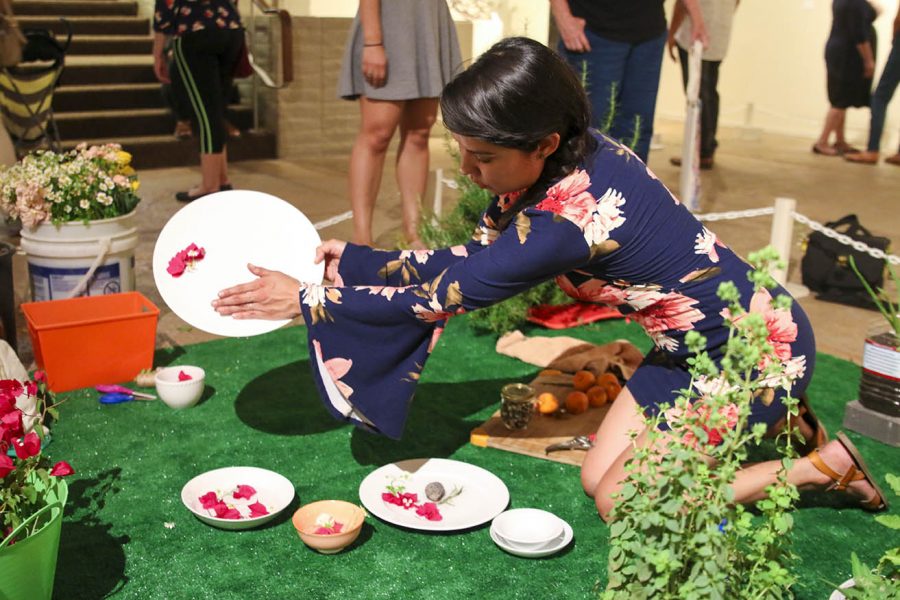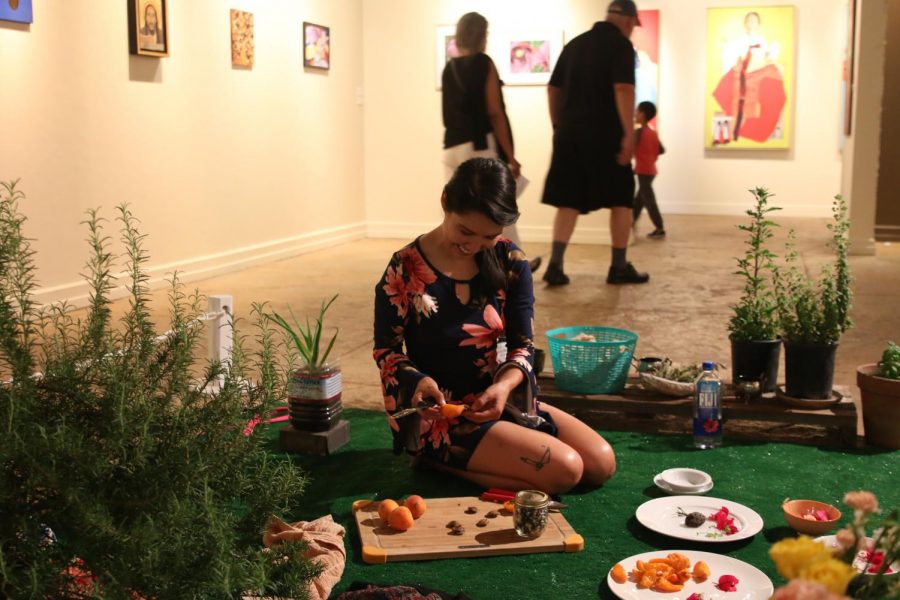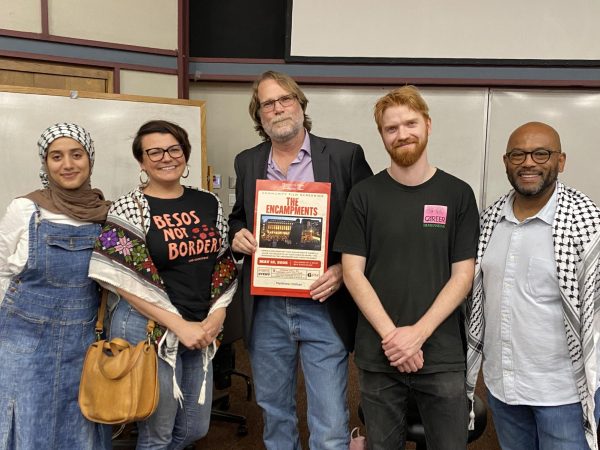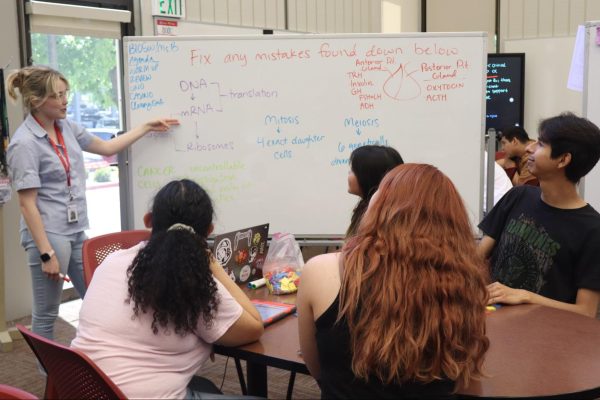Xochipahtli: Healing Through Flowers
As the healing rituals of the natural world become a lost art, one woman works to reclaim her heritage through the practice of flower medicine.
Former Fresno City College student and multimedia artist Adrianna Alejo Sorondo wasn’t born with a green thumb. In fact, she never pictured a future in gardening.
“I never wanted to garden before,” Sorondo said. “I’d play outside when I was little, but I never was like the plant whisperer.”
Sorondo says her horticulture journey began while she was away for college.
“I was learning ok; my dad is doing really bad, my mom is needing help,” Sorondo said. “I don’t know why but I would doodle my dream garden.”
After moving back home, Sorondo began experiencing mental health issues, which led her to discover the healing power of plants.
“When I moved back. I don’t know if it was just because I was so depressed or lost, or what but I just started, I’ll try it what’s the worst that can happen, they will die?” Sorondo said. “I started growing things, and I realized that with care I can do these things and it just turned into something that I didn’t expect.”
It wasn’t long before Sorondo found she had a knack for gardening. Sorondo became especially interested in the healing properties of the plants she grew. She came to call her medicinal plant practice Xochipahtli—a portmanteau of the Nahuatl words meaning “flower” and “medicine.”
She says she learned the word from a woman from instagram called the Kitchen Curandera who makes indigenous food based on plants she finds in the desert.
“I learned the word from her [Xochipahtli], and then I was like that’s what I’ve been waiting for, that’s what I do too.” Sorondo says. “I don’t have the background of my grandmother teaching me, like this is the way you do things, I’m just learning from my own intuition and following signs and things like that.”
Sorondo says Xochipahtli is a way for her to honor plants back, and teach people that they can incorporate that in their lives even if it isn’t in the same manner.
“The plants have given me more of a comfort. They’ve taught me alot about myself, and when I am having bad days, they remind me you’re a nurturing person there’s good in everybody,” Sorondo said.
A few years after her return to Fresno, Sorondo was invited to work at the Fresno County Juvenile Justice Center’s garden.
“A JCO (Juvenile Correctional Officer) started a garden at the facility. My friend needed someone to work on this garden, after the JCO left.”
For Sorondo, working at the prison wasn’t easy at first. “It took awhile to get it going, there was a lot me showing up and them saying ‘Oh I’m not feeling it. It’s mostly all boys, ages 15-18, and they put up a very macho exterior.’”
Eventually, Sorondo’s Xochipahtli was able to break down their walls. “They’re in a cell all day and just disconnected from the color green. We have guys coming from the gardening sessions talking about how they want their kids to be picking corn.”
Sorondo was able to witness the growth of the youth she worked with.
“One of the youths I worked with was a violent offender and is now talking about how he named the corn after his son, and he reconnected with his Apache roots. He’s now showing others how to take care of the plants.”
Sorondo says plants have taught her “that nothing belongs to us, and that this knowledge is always going to be there. It’s a gift to even have a relationship with plants.”
She wants people to know that, “they can do anything, and they can heal themselves if they really want to, not that it’s super simple and cut and dry for everyone, but just to not be afraid to try.”
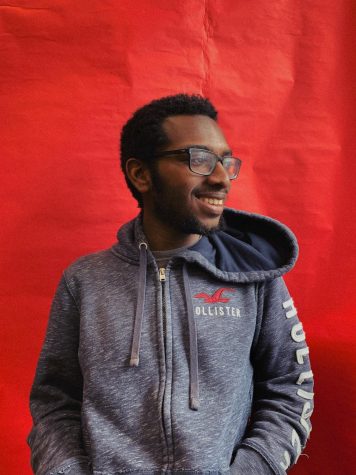
Blake Evans was born on June 24, 1999 and is an English major and aspiring journalist. He hopes to go into investigative journalism and uncover the next...

